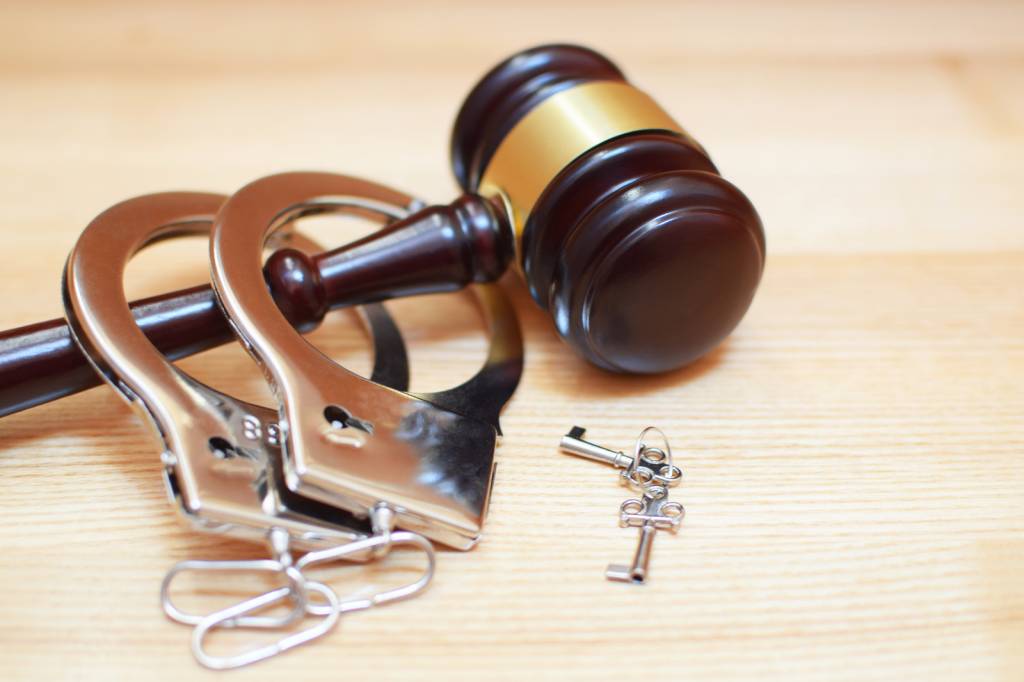California voters were asked back in 2014 to vote for Proposition 47, which reduces the number of drug and theft charges from felonies to misdemeanors. The voters were told that the money saved on jails and prisons would be reallocated to crime prevention and treatment programs.
Voters approved Proposition 47, and in June of this year, the California Board of State and Community Corrections began distributing $103 million to California cities and counties to finance programs that provide services such as substance abuse and mental health counseling and treatment.
Millions of dollars will now be flowing into Los Angeles County – money saved by imprisoning fewer people for drug and property crimes.
Los Angeles County’s Office of Diversion & Reentry, for instance, will receive $20 million to expand reentry programs for offenders with mental illness and chemical dependency issues.
The county is expected to receive a total of about $36 million for the Office of Diversion & Reentry and for other programs offering drug rehabilitation, mental health counseling and treatment, and job and career training.
Inmates who were convicted in Los Angeles County courts comprise about one-third of California’s prison population, which currently is slightly more than 130,000. “A lot of the money is going into deserving communities like L.A. and that makes sense,” according to Lenore Anderson, the president of Californians for Safety and Justice and one of the co-authors of Proposition 47.
DOES PROPOSITION 47 STILL HAVE OPPOSITION?
Last year, when San Francisco reported the highest increase in property crime rates in the nation, several voices in the law enforcement community placed the blame for increasing property crimes on Proposition 47, which reduced many felony theft offenses to misdemeanors.
Marc Debbaudt, a past president of the Association of Los Angeles Deputy District Attorneys, wrote in the San Francisco Chronicle that Proposition 47 is “reckless,” and State Assemblyman Tom Lackey wrote in the Los Angeles Daily News that “the law is clearly not working as intended and suffering from serious unintended consequences.”
The critics of Proposition 47 point to the rising crime in Los Angeles since the passage of Proposition 47. Homicides in Los Angeles in 2016 rose for the third straight year.
The number of shooting victims in Los Angeles in 2016 was up by 6 percent over 2015 and up by 23 percent over 2014.
Property crimes in Los Angeles also increased for the third successive year in 2016. In West Los Angeles, robberies increased 16 percent and motor vehicle thefts rose by 31 percent.
However, according to Peter Espinoza, the retired Los Angeles Superior Court judge who now heads up Los Angeles County’s Office of Diversion and Reentry, no substantive links between increases in crime and Proposition 47 have been definitively established.
Espinoza said, “Most of what’s been said about links between Proposition 47 and increases in crime are largely anecdotal.”
HOW WILL PROPOSITION 47 FUNDS BE USED?
The funds allocated to Los Angeles County will pay for services providing mental health treatment, substance abuse treatment and counseling, and re-entry services that prepare former jail inmates for the workforce and help reunite them with family.
Espinoza said the county is also focusing on moving homeless individuals out of the criminal justice system and into a supportive housing program.
The funding arrives at a critical time. The Los Angeles Times reported last year that rising homelessness and a shortage of psychiatric care beds in Los Angeles County are fueling a dramatic increase in mental competency cases.
The number of cases referred to the Mental Health Court of the Los Angeles Superior Court grew from 944 in 2010 to 3,528 in 2015. That growth has burdened the court and the county jail system, where the number of mentally ill inmates grew by more than sixty percent from 2011 through early 2016.
According to the Times, a review of cases referred to the Mental Health Court in 2016 found that “a significant percentage of the defendants were in custody for offenses such as trespassing, resisting arrest, vandalism, and restraining order violations.
Additionally, a significant percentage either had a prior drug history or the pending case was drug-related.” The report stressed that many of the defendants in the Mental Health Court were homeless persons and that the crimes that put them in Mental Health Court were “quality of life” violations typically linked with homelessness.
The funds coming to Los Angeles will get homeless people off the streets, addicts into rehab, and the mentally ill into treatment.
John Bauters, a member of the California Board of State and Community Corrections – which distributes the money the state saves with Proposition 47 – said, “Thanks to the savings from Prop. 47, California for the first time is creating a treatment and prevention infrastructure that millions of Californians have wanted and needed for generations … this was a reprioritization of how Californians wish to see money spent.”
DO PERSONS CHARGED WITH CRIMES STILL NEED AN ATTORNEY’S HELP?
Jail or prison, however, is still a possibility for anyone convicted of a felony or a misdemeanor in the Los Angeles area, so anyone who is arrested and charged with any crime in the City or County of Los Angeles will need to contact an experienced Los Angeles criminal defense attorney at once.
Your defense attorney will discuss your legal rights, outline your options, and explain how diversion and reentry programs work.
Of course, if you are charged with a crime and you are innocent, a skilled Los Angeles defense lawyer will fight aggressively on your behalf for a dismissal of the charge or an acquittal at trial.
However, if the evidence against you is conclusive and a conviction is certain, your attorney will negotiate a plea bargain, try to enter you in a diversion program, or argue for some other type of alternative sentencing.
Has Proposition 47 reduced or increased crime in our state? Frankly, it’s too soon to know. Despite the assured proclamations of those on both sides of the question, the early statistics indicate no specific crime trend one way or the other.
What is certain, however, is that Proposition 47 is providing the funds that will help Californians reduce crime sentences in this state in the future, and that’s good news for everybody.









